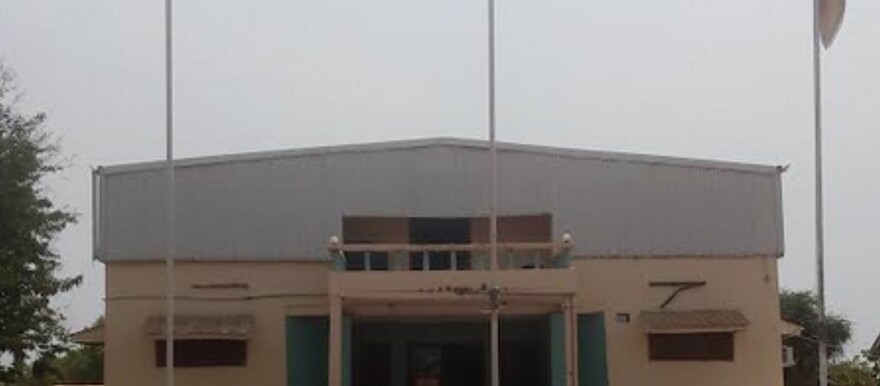The Eastern Equatoria State Minister of Finance, Peter Lokuju Lotirmoi, on Monday, presented the eagerly awaited tax rate and schedule for the upcoming 2023/2024 financial year to the state legislative assembly.
This follows a memo submitted by his office detailing the meticulously reviewed, adjusted, and harmonized tax rates and schedule for the same financial period.
Minister Peter Lokuju Lotirmoi, addressing the August House gathering at the state parliament, said: “The tax rate isn’t just a mere financial lever; it’s a strategic tool for authorizing and overseeing the government revenue collection process. It’s designed to strike a balance, preventing an undue tax burden from falling on consumers.”
“The current tax rate schedule underwent rigorous technical review, precise adjustments, and essential harmonization, spearheaded by the technical committee. The resulting product was then scrutinized and endorsed by the economic cluster, ultimately securing the honourable council of ministers’ seal of approval through resolution No. 13/2023 dated 22/8/2023,” he added.
Through the new tax rate, Eastern Equatoria State will expand its tax base by charging parking and road user fees for inter-Payam road. It will charge logging permit fees, state police traffic fees, resident fees, concession permit fees and fines for illegal logging.
The new tax rate also imposes a 0% tax on local food produce as well as a 3% tax for imported goods offloaded in the markets.
“The new tax rate also imposes royalties on mining areas per cadastral unit for local govt, fees for the operation of the state revenue authority and other revenue generating institutions,” the minister explained.
“In the ever-evolving economic landscape, yearly tax rate/schedule recalibrations are imperative to ensure alignment with market dynamics. Factors such as shifts in demand and supply leading to price fluctuations, the establishment and closure of businesses, the fight against creeping inflation, and the avoidance of tax conflicts between governmental levels all necessitate these adjustments,” Minister Lotirmoi reiterated.
He added that the new tax rate will also address the need to promote, restrict and prohibit the production, distribution and consumption of certain goods and services. “This new tax rate will adjust state government spending to match its revenue,” the finance minister stated.
He further clarified the methodology underpinning the adjustment and harmonization process, stating, “Our framework for effecting these changes hinged upon a significant factor—the inflation rate. Guided by the figures published by the National Bureau of Statistics, which currently stands at 27.8%, rounded to 28%, we recalibrated the 2022/23 financial year tax rates by a corresponding 28% to derive the tax rates for the 2023/24 financial year.”
In the face of these momentous shifts, the Chairperson of the Information Committee at the Eastern Equatoria State Parliament, Michael Kokol, confirmed the presentation of the bill and its potential impact on the trading community.
Kokol expressed confidence that the changes would not unduly burden traders, stating, “The introduction of this bill marks a turning point. Despite the prevalent inflation, we believe the adjustments will have minimal ramifications on commodity prices.”
He added,” Businesspeople have proven adept at accounting for expenses incurred at border points or checkpoints, and their diligent actions will help cushion any adverse effects on the civilian population. These slight adjustments will contribute positively to civil servants’ circumstances and directly benefit the citizens of Eastern Equatoria State.”
Echoing this sentiment, Severino Maira Janus, the Speaker of the Eastern Equatoria State Transitional Legislative Assembly, emphasized the paramount importance of this document in the government’s fiscal framework.
He underlined the assembly’s crucial role in examining the schedule through the appropriate committee.
“Our task entails scrutinizing the proposed tax rate comprehensively, considering its constituents. Our purpose is to refine and improve the bill, introducing any necessary amendments along the way. This is the heart of our assembly’s work. Once the initial reading concludes, the document will proceed to relevant committees to add depth to our understanding before the more intricate second reading process,” he concluded.




